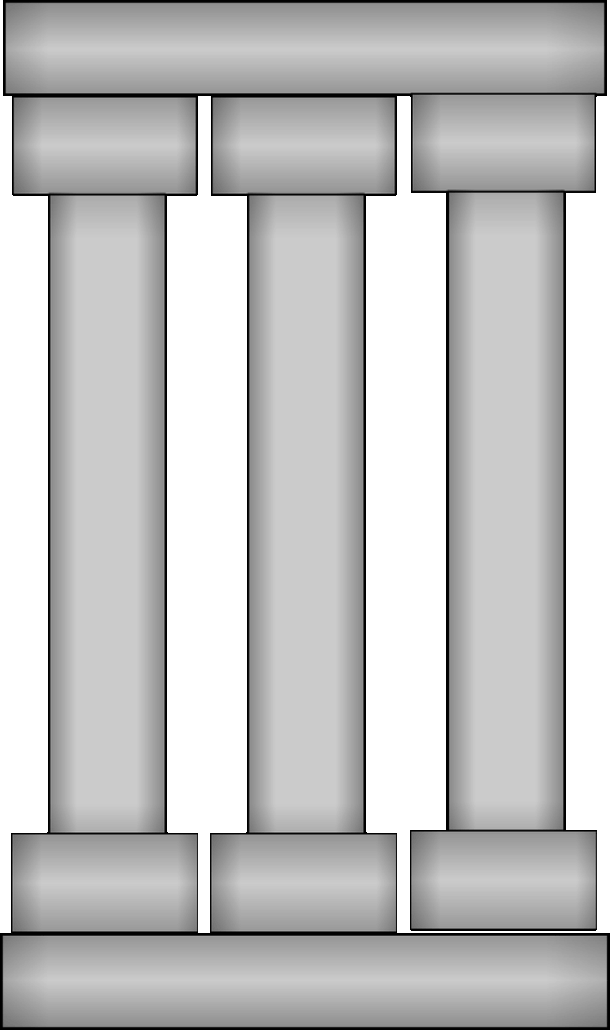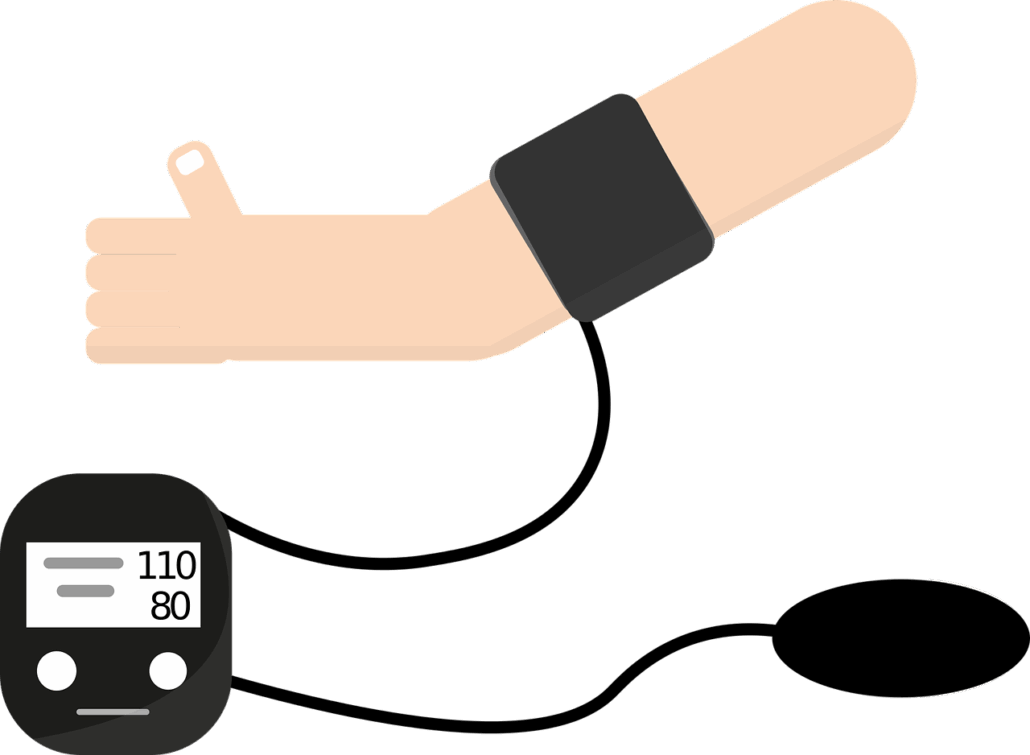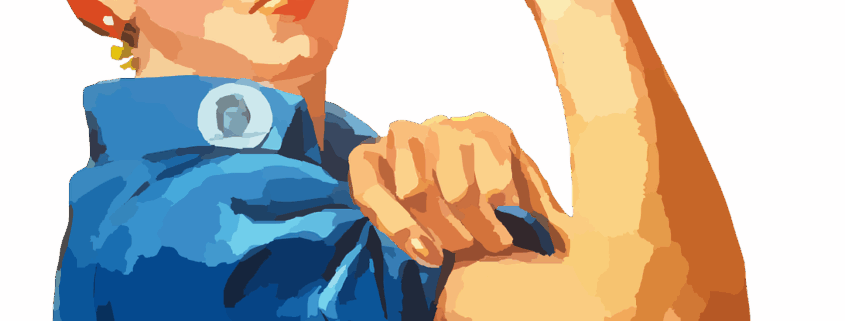My ALS Journey (28/n): Bureaucracy – The German Disease
Today I want to write about a sad topic. Bureaucracy in the German healthcare system is becoming increasingly absurd. In this world, the Darwin principle reigns supreme: survival of the fittest.
>> My ALS Journey so far <<
Before I begin this article, I would like to share a few thoughts. I do not claim to be objective in this article or to address the many achievements we have fought hard to attain. Rather, my aim is to touch on a sore point and highlight the weaknesses of our healthcare system. Ultimately, I am an optimist and still believe that our healthcare system can be improved.
First, I would like to start with the absurdities that have befallen us (my wife Beatrix and me) over the past two years.
The Three Actors

To help you understand my article better, I will explain how the German healthcare system works in simple terms.
The Medical Service (MDK) advises health insurance companies on medical and nursing care issues and determines the level of care required. Health insurance companies are responsible for ensuring the health of their insured members. Care providers implement support measures in cooperation with the Medical Service and health insurance companies.
A part-time Job for Beatrix

During the first year of my illness, Beatrix invested approximately four hours per working day in my illness. This workload was in addition to my nursing duties. These four hours were filled with the following incomplete list of tasks:
- Submitting applications
- Repeatedly following up on applications (medical service, health insurance, or utility provider) when they were not processed or were significantly delayed
- Repeatedly explaining the situation on the phone when employees were not informed (medical service or health insurance)
- Coordinating with doctors and nursing services
- Providing proof that I needed help
- Coordinating with the utilities provider
- Consulting with the care support center regarding the services we were entitled to
- Filing appeals when assistance was not provided
- Applying for a care level
After one year, Beatrix’s workload has been significantly reduced.
Thank you very much, Beatrix!
Health Checks

For me, the height of absurdity is the health checks carried out every six months by the medical service. Even the medically trained staff of the medical service find these health checks embarrassing. These checks determine whether I am still entitled to my benefits. It is essential to understand that with my disease, ALS, there is only one direction: downhill. The best I can hope for is to slow down the progression of the disease. Nevertheless, the medical service carries out checks every six months to see if my health has improved in the meantime.
Only those who believe in miracles can see any logic behind this system.
It is important to note that our healthcare system has reached its financial and personnel limits, and we will not be able to afford it in its current form for much longer.
 Modernes C++ Mentoring
Modernes C++ Mentoring
Do you want to stay informed: Subscribe.
Procurement of Aids

There is a systemic problem with the provision of assistive devices. There is often a long delay between applying for an assistive device and receiving it. The problem is then often that the assistive device no longer helps me or only helps me to a limited extent.
This was the case with my arm prostheses. These enabled me to eat and drink independently again, as they supported my arm strength. We documented this improvement in my abilities with a video, as required. Unfortunately, I didn’t receive the arm prostheses until six months later. By that time, they were utterly useless to me, and Beatrix sent them back immediately.
It was a similar story with my electric wheelchair. Almost ten months passed between the application and delivery. The problem was that when I applied for it, I could still operate it with my hand. But when I actually received it, I already needed eye control.
This story is repeating itself with my eye control. In April of this year, we applied for eye control. Strictly following protocol, the supplier recorded a video to prove that I could use the eye control. In June, Beatrix asked the medical service and health insurance company why we hadn’t received a decision yet. After some lengthy research, it emerged that they didn’t have the video. Somehow, the video seems to have been lost in the less-than-perfect interaction between the medical service and the health insurance company, so that the whole process is now dragging on for at least three months while they wait to receive the video again from our provider.
Survival of the Fittest

Now I come to the sad part of my story. In this system, only those who have the necessary energy, stamina, and language skills receive the benefits they are entitled to. This means that many elderly people, ordinary people, and foreigners fall through the cracks of the welfare system. I have often observed how these people were unable to fill out the necessary forms or fight their battles with the medical services and health insurance companies. In addition, there is often a long time between the application and the delivery of the aid.
I suspect that this is intentional. Patients often die before they receive their aids. Furthermore, many patients do not receive the help they need. Unfortunately, the advantage is obvious. It saves the healthcare system a lot of money.
Only the fittest survive our bureaucracy.
Thanks a lot to my Patreon Supporters: Matt Braun, Roman Postanciuc, Tobias Zindl, G Prvulovic, Reinhold Dröge, Abernitzke, Frank Grimm, Sakib, Broeserl, António Pina, Sergey Agafyin, Андрей Бурмистров, Jake, GS, Lawton Shoemake, Jozo Leko, John Breland, Venkat Nandam, Jose Francisco, Douglas Tinkham, Kuchlong Kuchlong, Robert Blanch, Truels Wissneth, Mario Luoni, Friedrich Huber, lennonli, Pramod Tikare Muralidhara, Peter Ware, Daniel Hufschläger, Alessandro Pezzato, Bob Perry, Satish Vangipuram, Andi Ireland, Richard Ohnemus, Michael Dunsky, Leo Goodstadt, John Wiederhirn, Yacob Cohen-Arazi, Florian Tischler, Robin Furness, Michael Young, Holger Detering, Bernd Mühlhaus, Stephen Kelley, Kyle Dean, Tusar Palauri, Juan Dent, George Liao, Daniel Ceperley, Jon T Hess, Stephen Totten, Wolfgang Fütterer, Matthias Grün, Ben Atakora, Ann Shatoff, Rob North, Bhavith C Achar, Marco Parri Empoli, Philipp Lenk, Charles-Jianye Chen, Keith Jeffery, Matt Godbolt, Honey Sukesan, bruce_lee_wayne, Silviu Ardelean, schnapper79, Seeker, and Sundareswaran Senthilvel.
Thanks, in particular, to Jon Hess, Lakshman, Christian Wittenhorst, Sherhy Pyton, Dendi Suhubdy, Sudhakar Belagurusamy, Richard Sargeant, Rusty Fleming, John Nebel, Mipko, Alicja Kaminska, Slavko Radman, and David Poole.
| My special thanks to Embarcadero |  |
| My special thanks to PVS-Studio |  |
| My special thanks to Tipi.build |  |
| My special thanks to Take Up Code |  |
| My special thanks to SHAVEDYAKS |  |
Modernes C++ GmbH
Modernes C++ Mentoring (English)
Rainer Grimm
Yalovastraße 20
72108 Rottenburg
Mail: schulung@ModernesCpp.de
Mentoring: www.ModernesCpp.org




